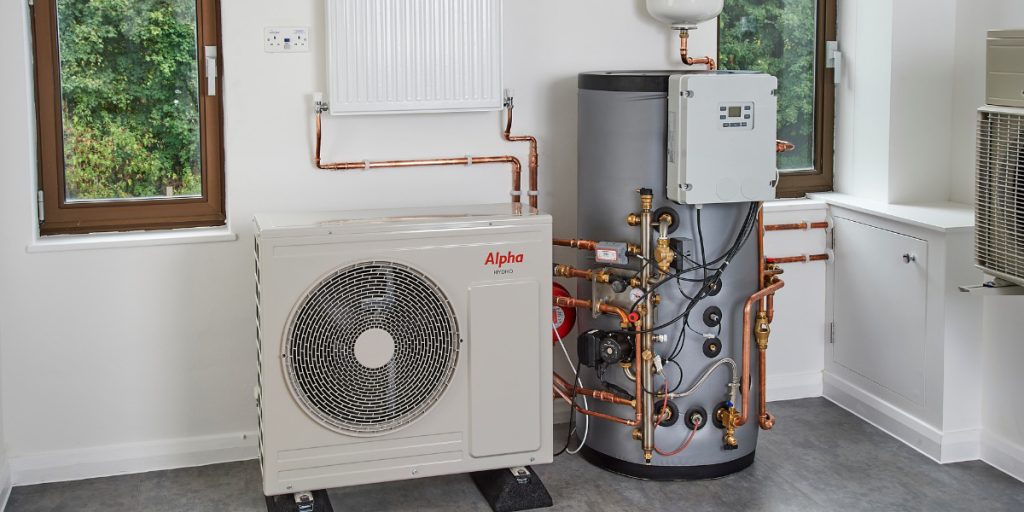Eco-Friendly Heat Pumps for Efficient Climate Control
Eco-friendly heat pumps are an innovative and energy-efficient solution for climate control, offering a sustainable alternative to traditional heating and cooling systems. Unlike conventional systems that rely on burning fossil fuels or using harmful refrigerants, heat pumps harness the natural energy from the environment to regulate indoor temperatures. This makes them not only cost-effective but also environmentally friendly, reducing the carbon footprint of a building while maintaining a comfortable living or working space. Heat pumps operate by transferring heat rather than generating it, which makes them highly efficient. During colder months, they extract heat from the outside air, ground, or water sources and pump it indoors, providing warmth without the need for burning fuel. In warmer months, the process is reversed, with the heat pump removing heat from the indoor air and releasing it outside, effectively cooling the space. This ability to both heat and cool makes heat pumps versatile and suitable for year-round use.

One of the most significant advantages of eco-friendly heat pumps is their high energy efficiency. Unlike traditional heating systems that rely on burning fuel, which results in significant energy losses, heat pumps can deliver up to four times more energy than they consume. This high performance translates into lower electricity bills and a smaller environmental impact. Additionally, heat pumps use electricity, which can be generated from renewable sources like solar or wind power, further enhancing their eco-friendly credentials. By using renewable energy sources, heat pumps can help reduce greenhouse gas emissions, making them an important tool in the fight against climate change. The environmental benefits of heat pumps extend beyond just their energy efficiency. Modern heat pumps use advanced refrigerants with a low global warming potential GWP, which helps minimize their impact on the ozone layer and further reduces their environmental footprint. This is in stark contrast to older air conditioning systems and refrigerants, which were known for their high GWP and negative environmental effects.
The shift toward eco-friendly refrigerants has made heat pumps Jnod a more sustainable choice for both residential and commercial applications. Moreover, heat pumps are durable and require less maintenance than traditional heating and cooling systems. They have fewer moving parts and operate more quietly, contributing to a more comfortable living environment. Their long lifespan also means that homeowners and businesses can enjoy long-term savings on repairs and replacements. As the world increasingly prioritizes sustainability and energy efficiency, eco-friendly heat pumps are becoming a popular choice for those seeking to reduce their carbon footprint without compromising on comfort. With their ability to provide both heating and cooling, their high energy efficiency, and their minimal environmental impact, heat pumps represent an important advancement in climate control technology. The adoption of heat pumps is a clear step toward creating more sustainable, energy-efficient buildings and a greener future for generations to come.


